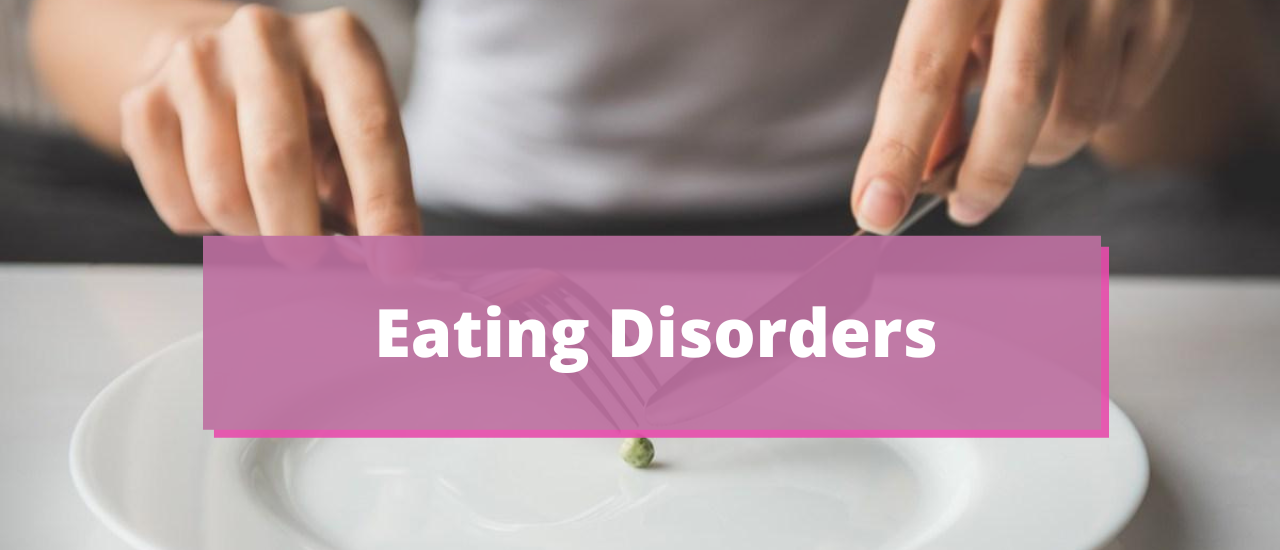

wordpress-seo domain was triggered too early. This is usually an indicator for some code in the plugin or theme running too early. Translations should be loaded at the init action or later. Please see Debugging in WordPress for more information. (This message was added in version 6.7.0.) in /home/sehatnagar.com/public_html/wp-includes/functions.php on line 6114
Eating disorders are a range of psychological conditions that cause unhealthy eating habits to develop. They might start with an obsession with food, body weight, or body shape. Eating disorders are serious conditions related to persistent eating behaviors that negatively impact your health, your emotions and your ability to function in important areas of life. Eating disorders often develop in the teen and young adult years, although they can develop at other ages. With treatment, you can return to healthier eating habits and sometimes reverse serious complications caused by the eating disorder. Eating disorders are actually serious and often fatal illnesses that are associated with severe disturbances in people’s eating behaviors and related thoughts and emotions.
There are different types of eating disorders involved
Anorexia Nervosa:
Anorexia Nervosa is the most common eating disorder. Anorexia nervosa is an eating disorder and a serious mental illness. A person with anorexia nervosa restricts their energy intake, has a distorted body image and an intense fear of gaining weight. People with anorexia nervosa may see themselves as being heavy or large when they are actually severely underweight. They also have a distorted body image and an intense fear of gaining weight. Apart from the normal weight range, they have all the other characteristics, and similar complications of anorexia nervosa. People with this type of anorexia nervosa place severe restrictions on the quantity and type of food they consume. This could include counting calories, skipping meals, restricting certain foods. When you have anorexia, you excessively limit calories or use other methods to lose weight, such as excessive exercise, using laxatives or diet aids, or vomiting after eating. Efforts to reduce your weight, even when underweight, can cause severe health problems, sometimes to the point of deadly self-starvation. There are some symptoms:
Binge Eating:
Binge eating is when you eat a large amount of food in a short amount of time and feel you can’t control what or how much you are eating. If you binge eat regularly at least once a week for 3 months you may have binge eating disorder. If you have binge eating disorder, you may be very upset by your binge eating. You also may feel ashamed and try to hide your problem. Even your close friends and family members may not know you binge eat. As a result, people with binge-eating disorder often are overweight or obese.
Bulimia:
Bulimia (boo-LEE-me-uh) nervosa, commonly called bulimia, is a serious, potentially life threatening eating disorder. People with bulimia may secretly binge eating large amounts of food with a loss of control over the eating and then purge, trying to get rid of the extra calories in an unhealthy way. If you have bulimia, you’re probably preoccupied with your weight and body shape. You may judge yourself severely and harshly for your self-perceived flaws. Because it’s related to self-image and not just about food bulimia can be hard to overcome. But effective treatment can help you feel better about yourself, adopt healthier eating patterns and reverse serious complications.
